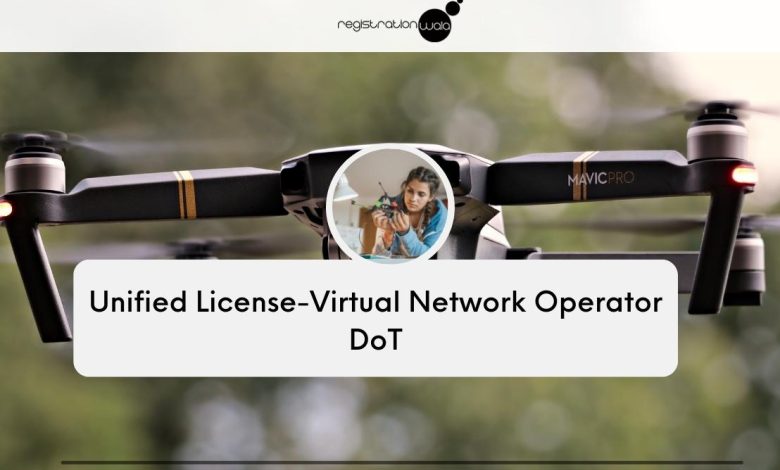
Suppose you want to get a Unified License for Virtual Network Operator (UL-VNO) for your business. In that case, you must strictly observe the regulations of the Department of Telecommunications. Here, we are discussing some of these regulations issued by the Telecom Authority.
Nomenclature
- The Licensee can change the name of its Company, as per the Indian Companies Act, 2013, upon intimation to the Licensor.
- Along with this, the Licensee must submit the certified copy of the name change certificate. This name change must reflect within 30 days from the date of issue to the Registrar of Companies.
Networth Requirement for Unified License
- The Unified Licensee must have a minimum net worth equal to the sum of the Networth required for each Service.
- The combined minimum Networth under this license for acquiring the authorization for all the services is Rs. Rupees Ten Crore only.
- In the case of UL(VNO) Category B authorization, if the applicant is a legal entity but not a company under the Companies Act, then a Chartered Accountant or a Cost Accountant networth will certify the networth of the VNO license holder.
- The Licensee must not count promoters or equity holders’ net worth to determine the Company’s net worth.
- While counting the net worth, the Licensee must not convert the foreign currency into Indian Rupees. This conversion must happen at the prevailing rate as indicated by the RBI on the date of application received.
Also Read: How to Become ISP in India
Shareholding Arrangement
The VNO Licensee must ensure that any shareholding changes must be subject to all applicable statutory permissions under the laws of India.
- There is no restriction on the number of VNO licensees per service area.
- The DoT allows the VNOs to have unified license agreements with more than one NSO for all services other than the Access service.
- Such services need the numbering and unique identity of the customer.
- For wireline access services through EPABX, the connectivity of different NSOs at different EPABX is allowed.
- However, connectivity with more than one NSO at a particular EPABX is not permitted.
- In UL-VNO, the provision for restriction of equity cross-holding is applicable between
- a VNO or its promoter(s) and another NSO (other than VNO’s parent NSO) or its promoter(s) and
- between a VNO or its promoter(s) & another VNO or its promoter(s), authorized to provide access service using the access spectrum of NSO(s) in the same service area.
Capital Investments from Foreign Land
- The DoT allows the VNO licensee to accept FDIs upto 100% with 49% under the automatic route. Beyond 49% is allowed only through the FIPB route. These investments are subject to observance of licensing and security conditions by the Unified Licensee as well as investors.
- Both direct and indirect foreign investment in the Unified Licensee Company must be counted to calculate total FDI.
- The UL VNO License Company or Investment Companies, including their holding companies, must comply with the provisions of the extant FDI policy of the Government. While approving the investment proposals, the Government can consider security concerns.
- FDI must be subject to the laws of India and not the laws of the foreign country/countries. The VNO Licensee must comply with the relevant provisions of the FDI policy of the Government. The UL VNO licensee must issue such modifications to the policy from time to time.
- The words such as FDI, foreign equity, investment companies, FIPB, etc., must have the same meaning defined by the Department of Investment & Industrial Policy (DIPP) in its FDI Policy.
Also Read: Corporate Governance of an Insurance Web Aggregator
Paid-up Equity Capital for Unified License
- The VNO Licensee must declare the Indian & Foreign equity structure (both direct and indirect) in the Licensee company.
- Also, they must submit a compliance report regarding compliance with FDI norms and security conditions.
- The Licensor must make the declarations on the first day of January and the first day of July of every year.
- The company secretary or statutory auditor must certify the equity structure countersigned by the duly authorized Director of the Licensee Company.
- The Licensee must have a minimum paid-up equity capital. This capital must be equal to the sum of the paid-up Equity Capital required for each Service opted for by the Unified Licensee.
- The minimum paid-up equity capital required to acquire authorization for all the services is Rupees Ten Crore only.
Every VNO unified license holder must conform to the set guidelines and regulations by the Department of Telecommunications to function smoothly.





